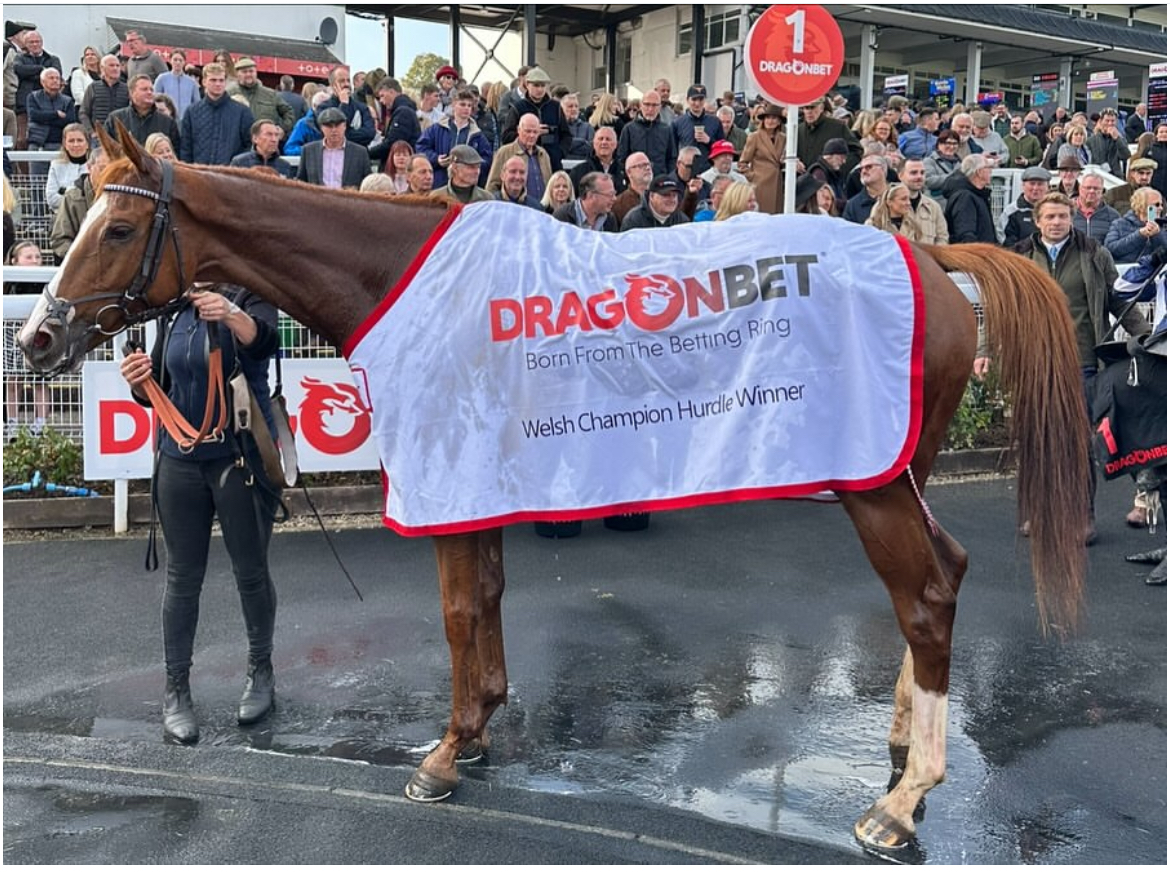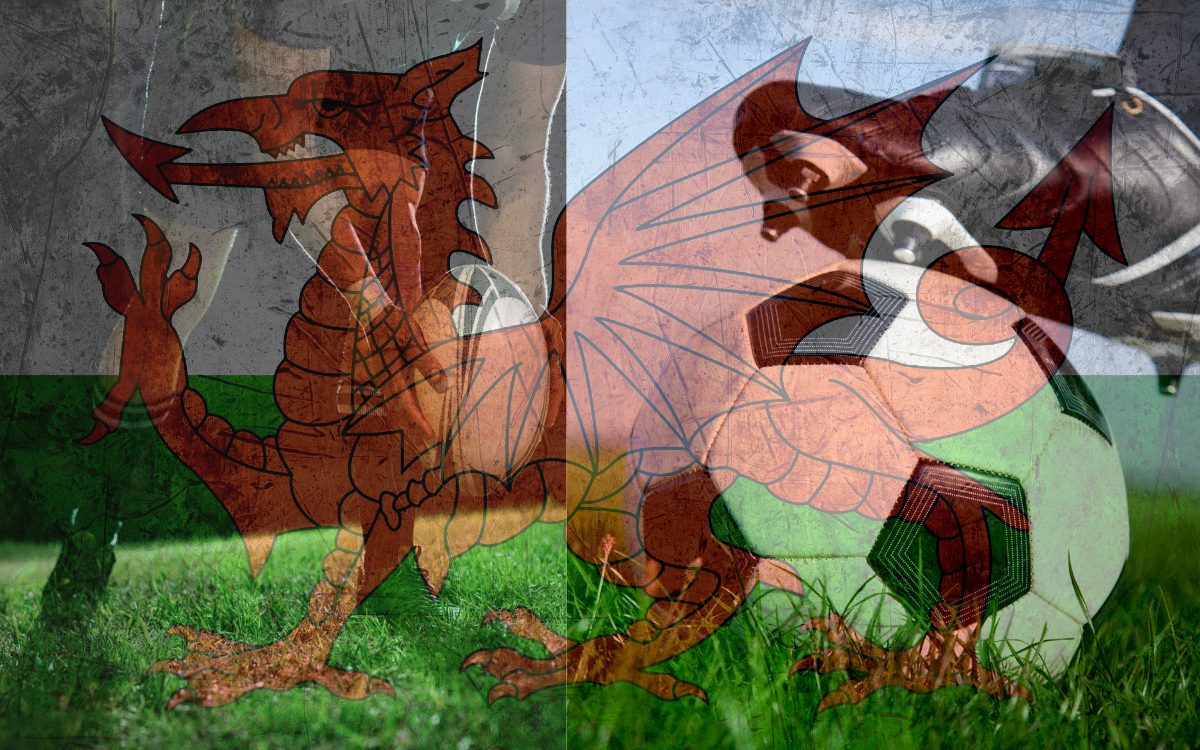By Graham Thomas

Sometimes it pays to look beyond the obvious as Welsh football seems to be proving with both Craig Bellamy and Rhian Wilkinson.
The former is still unbeaten after being named men’s national senior coach six games ago, while the latter is heading for the Euros next summer with the senior women.
Like Bellamy, Wilkinson was not an off-the-shelf appointment when the Football Association of Wales was left looking for a new manager at the start of this year.
Gemma Grainger had done a runner – quitting for a job with Norway – and the expectation was that another British coach in the same mould as Grainger and her predecessor, Jayne Ludlow, would be offered the job.
Grainger’s exit signaled the conclusion of an almost three-year stint with Wales, during which the ex-Leeds and Middlesbrough manager guided the team close to securing a spot in the 2023 Women’s World Cup. However, their hopes were dashed by a last-minute extra-time goal in the play-off final against Switzerland.
After that setback, Wales faced a challenging Nations League campaign, with Grainger’s squad ending at the bottom of their group, earning only one point and suffering relegation from League A.
When Grainger left, the mood felt similar to that which settled after Rob Page had left the men’s team. Thanks for taking us forward, but there’s still some distance to go and maybe someone else should lead us there.
Like Bellamy, Wilkinson was an outsider. Another similarity was that she came with a certain amount of extra baggage.
In her case, she had left her previous job as coach of the Portland Thorns after she notified her bosses of a relationship between herself and one of her then players.
She insisted it had developed no further than “feelings for each other” but in an era of safeguarding concerns and quick conclusions, it meant there was an element of PR gamble in handing her the Wales job.
But just as with Bellamy, not only did the coach not try to hide any aspects of her past, she showed an assuredness and honesty in handling her public dealings that confidence in her seemed to build, rather than ebb away.
Like Bellamy, Wilkinson talks a very good game.
The contrast between her and Republic of Ireland coach Eileen Gleeson was marked over the two legs of their Euros play-off semi-final, which finally went the way of Wales in Dublin on Tuesday night.
Across two fiery matches, there were claims, wind-ups and put-downs from both managers. But whilst Gleeson seemed to dissolve into barely concealed fury, Wilkinson somehow managed to put the boot in without losing her corporate sheen.
It was a difference that was eventually mirrored out on the field at the Aviva Stadium.
Wales controlled their aggression, whilst Ireland lost the plot at times and looked ragged and ill-disciplined.
Jess Fishlock may be Wales’ greatest ever player, and has skills no-one else in her team can get close to, but the 37-year-old is also well capable of looking after herself.
She does it with an old pro’s knowledge of when and where to deliver the dark arts, while Ireland’s own leader, Katie McCabe, dished out her treatment under the referee’s nose and was fortunate not to be sent off.
So often in modern sports, teams take on the characteristics of their head coach and under Wilkinson Wales have added shrewdness and cold-headed calculation.
That is why they were able to survive some very tense and nervy moments when Ireland were pressing late on for an equaliser that would have taken the tie into extra-time.
It is what allowed a Canadian – whose family are from Wales – to become the first coach to lead Wales to the finals of a major women’s tournament.
Expect now to hear a lot from Wilkinson about how Wales intend to make an impact next summer.
As with Bellamy, it will be detailed and analytical. She will not be content with her team making up the numbers. There will be a roadmap showing how they plan to get out of their group and into the quarter-finals.
If Bellamy’s Wales can reach the World Cup finals in 2026, a year after Wilkinson’s Wales are at the Euros, it might just become the most memorable year in Welsh football history.


















